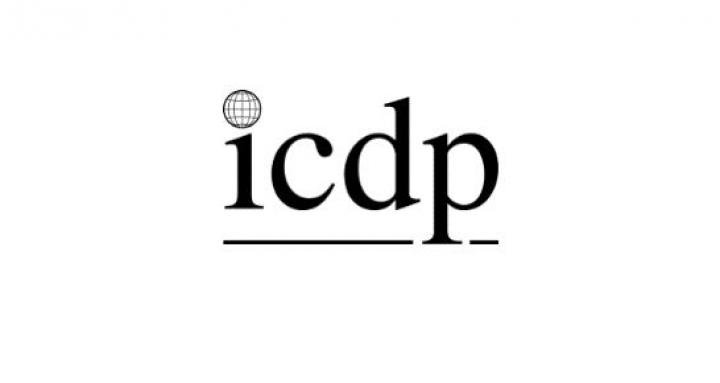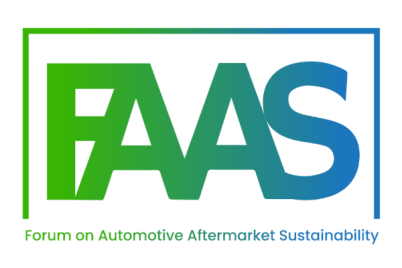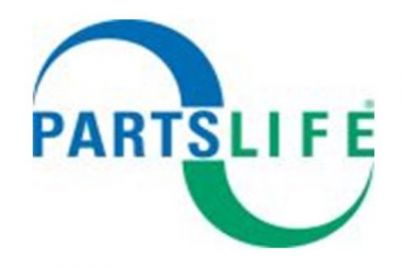In both Paris and London, the diesel engine is no longer welcome. After decades of encouragement towards diesel to reduce CO2 emissions, the air quality problems in urban areas related to use of diesel engines have forced a rethink.
“I want diesel cars out of Paris by 2020 and, if possible, beyond the périphérique”, said the Mayor of Paris, Anne Hidalgo, as reported by France24. Hidalgo also cited declining car use as a means of improving air quality in the city, an objective that would be aided by the trends towards lower car ownership within the city- “Today, 60 percent of Parisians don’t have their own car whereas in 2011, it was 40 percent. It’s moving quickly.“
The proposals under discussion include restricting vehicle types at weekends and then extending to the rest of the week (http://www.france24.com/en/20141207-mayor-hidalgo-wants-limit-cars-central-paris-ban-diesel).
In the UK, the Environmental audit committee has suggested diesel scrappage schemes to accelerate a change in the circulating parc, as well as changes to taxation which has traditionally favoured diesel over petrol due to the lower CO2 impact. The report released on the 8th December cited diesel as “the most significant driver of air pollution in our cities”, and pointed out that research demonstrates that “traffic is responsive for 26 per cent of particulates, 42 per cent of CO and 46 per cent of NOx (nitrogen oxides) in cities”. Giving evidence to the committee, Transport for London pointed out that particulate emissions are twenty two times higher from diesel engines, and NOX emissions four times as great (http://www.motoringresearch.com/car-news/mps-call-diesel-scrappage-scheme-1208958279).
The planned restrictions on diesel must also be seen within the wider context of the growth of car sharing over car ownership, which is generally associated with reduced car use. Research by Zipcar and Carplus both demonstrate that users of car sharing tend to use cars less than car owners, as they must make more considered choices when thinking about convenience and mode of transport. Car ownership, on the other hand, tends to encourage car use first as the owner is very aware of the idle time of the car and the ongoing costs of a depreciating asset.
A shift away from diesel will have a big impact in the UK where diesel represents half of new car registrations, and an even greater impact in France where the share fluctuates around 65%. Manufacturers and National Sales Companies will, as always, respond to changes in taxation, scrappage and other incentives via appropriate changes in market allocation, engine development programmes, and production and sales budgets. Furthermore, National Sales Companies will also need to consider a long term significant shift in pricing and residual values within the private leasing market as well as the more obvious changes to the fleet market. But governments must consider the unexpected costs that will be generated for the millions of existing car owners who have been incentivised to shift to diesel. As oil prices relax due to the short to near term global supply surplus, many of the behavioural levers may seem unclear to new and used car buyers. Customers will need more advice. This need provides an opportunity for manufacturers and their sales networks to guide the buyer to the optimal solution for cost of ownership and use, and any such welcome advice can only help build stronger relationships between sales channels and customers.
WRITTEN BY BEN WALLER
Quelle: www.icdp.net












